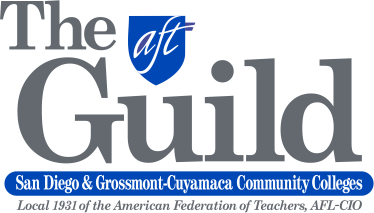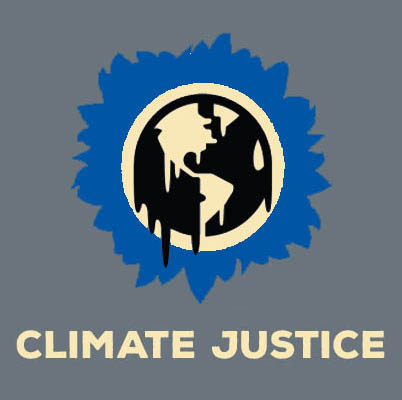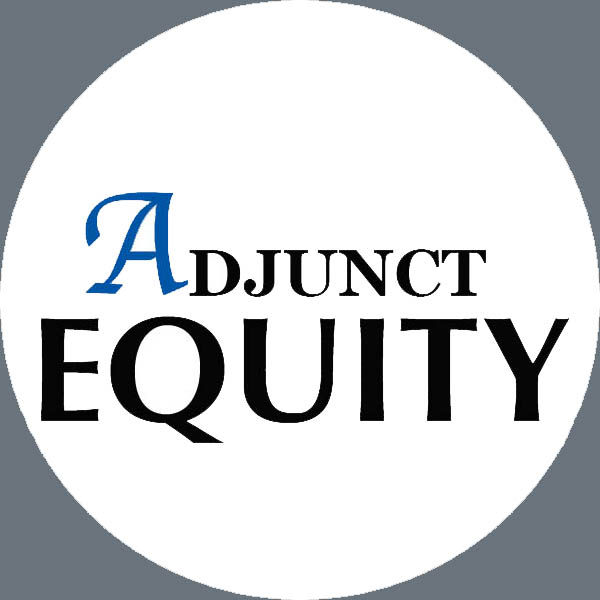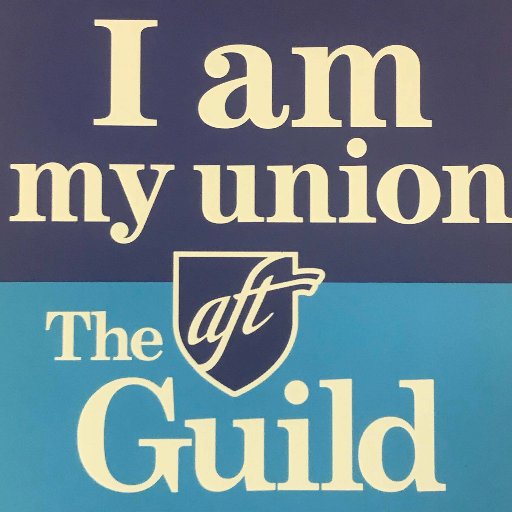AFT 1931 has long supported bold new political and policy initiatives that move beyond lip service to effectively address the two great issues of our age—historic economic inequality and climate change. To that end, AFT 1931 has adopted resolutions that called for the construction of more public transportation, opposed the Keystone Pipeline, supported climate literacy in the schools, and advocated for a Green New Deal.
Now that we have all been hit with the COVID-19 crisis, and, as we watched the disaster capitalists turn this dire moment into an opportunity to profit even as they fight against more funding for states, localities and American workers, we are moved to suggest a better way forward.
It is clear to many of us doing this work that the lack of preparedness by the federal government, the science denial, the inadequate response to the health, educational and economic needs of everyday Americans, and the deep inequities that this crisis exposed foreshadow what will be an even more catastrophic failure if we are unable to marshal the will and resources necessary to address the growing economic disaster and coming climate crisis. We must do much better.
The good news is that the opportunity that this crisis presents is a chance to emerge from it by building a better city, state, and country. Just as the New Deal helped desperate Americans in the midst of the Great Depression by raising everyone up and creating a more economically just society for working people, a Green New Deal, with American workers at its heart, can bring us out of the despair of the current moment by offering a better, more fair and sustainable future.
Recently, the national AFL-CIO released a statement on the five essentials that America’s workers will need with regard to the safety of frontline workers; protection of employment and pensions; solvent state, local, and national governmental services; the protection of healthcare; and the necessity to build more infrastructure. The national AFT has released a similar statement that adds a call for more investment in America’s communities and outlines a plan for safely opening schools. We agree that these bread and butter demands are essential, but we think that the moment requires much more than this as we look not just to survive the current crisis but to build a better society as we re-emerge from it.
In that spirit, we support the basic principles of the People’s Bailout and their assertion that, “As policymakers take steps to ensure immediate relief and long-term recovery, it is imperative that they consider the interrelated crises of wealth inequality, racism, and ecological decline, which were in place long before COVID-19, and now risk being intensified. This is a time to be decisive in saving lives, and bold in charting a path to a genuinely healthier and more equitable future though a just recovery.”
Thus, we look not just for short term relief but a pivot to a “regenerative economy” over the coming years of recovery. Such an economy should:
*Establish quality health care for all as a basic human right and provide universal health care for all Americans.
*Make collective bargaining in the work place a basic human right for all workers including those in the gig economy, restore and expand our system of unemployment insurance, expand worker health and safety protections, and provide a universal basic income for all Americans.
*Ensure that institutional racism, sexism, and homophobia do not leave marginalized peoples out in the cold when it comes to a just recovery. This means assuring that undocumented workers are no longer demonized and are given basic human rights, and that we proactively factor all types of equity into public policy of all kinds.
*Provide affordable housing for all as a basic human right.
*Restore and expand the American safety net that has been decimated after years of assault.
*Fully fund and expand quality public sector services in all areas including K-12 education, free college for all, trades training, childcare, eldercare, public safety, social services, and arts.
*Ban the privatization of public services and the sale of the commons.
*Reinstitute and expand environmental protections and regulations, protect and reinvest in the national and state parks, and declare a climate emergency to address catastrophic climate change.
*Make a massive investment in rebuilding our infrastructure and transforming our economy for a Zero Carbon future. This means an exponentially larger WPA style program to repair our crumbling infrastructure, build a nationwide network of clean and affordable public transportation that actually makes it possible for Americans to live, work, and travel the country without destroying their children’s futures, transform existing buildings by making them greener, make our country climate resilient, and support regenerative agriculture.
*Support all of this by rethinking our social contract and reinventing the American tax code in a way that takes us back to the New Deal era when the wealthy and corporations paid vastly higher tax rates. In addition to this, implement the Robin Hood tax that puts a fee on Wall Street transactions and implement a Wealth Tax. We have reached our current, historic level of economic inequality after decades of wealth being redistributed from the bottom to the top. If we want to avoid years of crushing austerity and suffering for the vast majority of Americans, it is time to talk openly about progressive taxation as the key to creating a just and sustainable future. The alternative is a bleak, dystopian future of American oligarchy.
We realize that in the current context, where President of the United States and the Senate majority leader are promoting a suicidal policy for the nation, these demands may seem utopian, but we believe that the way to ensure that we don’t have a just economy is to not even bother trying to imagine what one would look like. We need to demand the seemingly impossible to make space for it to become possible. The first step to a more just America is to change the discourse and move forward with a bold vision.






0 Comments